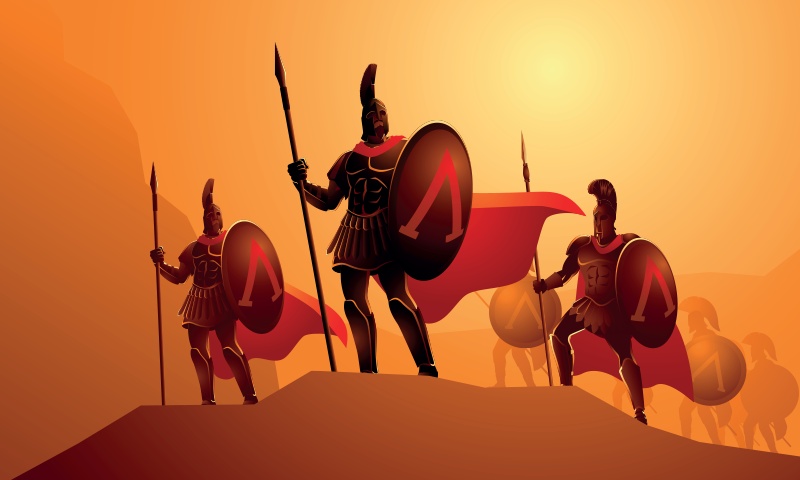Now Reading: Tyranny: Exploring Its Philosophical Roots
-
01
Tyranny: Exploring Its Philosophical Roots
Tyranny: Exploring Its Philosophical Roots

Rapid Summary
- Plato’s Influence: Plato’s The republic has shaped Western thought for centuries, advocating for a “Philosopher King” as a ruler to create an ideal society.
- Historical Inquiry: In Plato and the Tyrant, James Romm examines Plato’s attempts during his visits to Syracuse to guide two generations of authoritarian rulers (Dionysius the Elder and Dionysius the Younger) toward wiser, just governance. Both efforts failed disastrously.
- Criticism of Plato’s Vision: Plato’s conception of ideal society has faced increasing criticism in modern times due to its totalitarian underpinnings and strict control over individuality within social structures.
- Authoritarianism in History: Dionysius the Elder established tyranny through fear-mongering and manipulation despite syracuse being a functioning democracy, highlighting parallels with contemporary global political dynamics.
- Technological Discoveries: AI-enabled techniques can now possibly decode ancient texts like those found in Herculaneum, revealing lost historical works that shed light on figures like Plato.
Indian Opinion Analysis
James Romm’s exploration offers valuable insights into how autocratic systems can emerge even within democracies-a scenario relevant today amid growing concerns about global democratic backsliding. For India, where democracy forms an essential foundation of its identity, this study serves as a cautionary tale against complacency. It underscores how charismatic leaders exploiting economic insecurities or societal divisions could consolidate power at the cost of freedoms.
The advancements in data extraction through AI from ancient manuscripts may also open new opportunities for Indian academics studying ancient texts like Sanskrit literature or Buddhist scriptures-potentially helping uncover India’s early philosophical legacy akin to Platonic ideals found in The republic. While India firmly guards its democratic foundations today, learning from historical missteps ensures vigilance against destructive forces obscured by populism or authoritarian allure.Read More




























